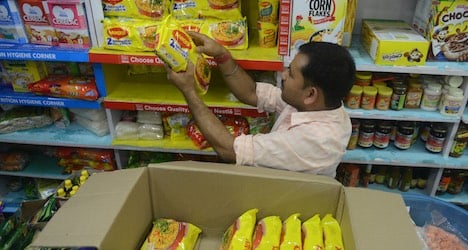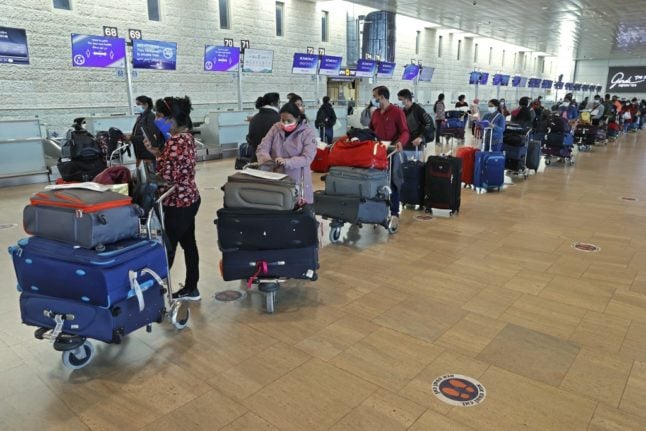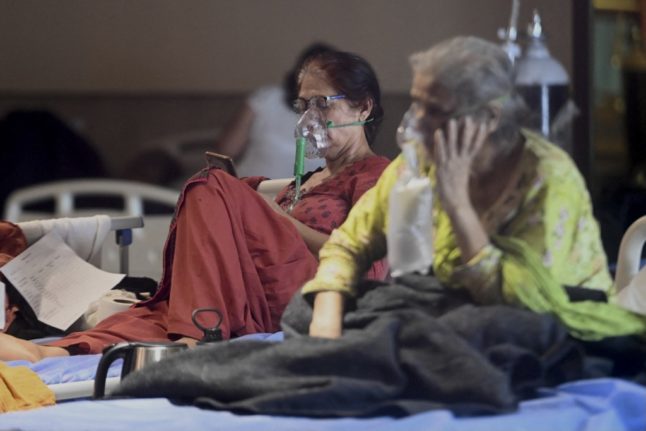India's food safety watchdog banned the noodles nationwide in June after test results showed packets exceeded legal limits of lead, while criticizing Nestlé for failing to list flavour enhancer monosodium glutamate (MSG) on labels.
But the Bombay High Court, the highest court in the western city now known as Mumbai, overturned the ruling two months later, calling it “arbitrary” and ordered fresh tests.
Vevey-based Nestlé said last month those tests had found that Maggi noodles were safe to eat.
It has restarted production at three of its five India plants.
Nestlé lost more than 75 million francs ($74.7 million) over the ban, which forced it to destroy more than 37,000 tonnes of the noodles, India's leading brand.
“What we have been through has been like a life crisis for a human being,” Nestle India Managing Director Suresh Narayanan told reporters on Monday.
“It will need investments to nurture back the brand into the health that it was,” he said of Maggi, which previously accounted for about 30 percent of the company's Indian sales.
Maggi's return comes as Indians prepare to celebrate the Hindu festival of Diwali, a time when food shopping is at its peak.
Fans of the brand, which had 80 percent of India's instant noodle market before the crisis, reacted with delight on Twitter.
Sony Das posted: “What better way to celebrate this Diwali . . . #WelcomeBackMAGGI wid Maggi our lost appetites are also back.. Luv U Maggi”.
The noodles will initially return in 100 cities compared with more than 400 previously and in just one flavour, Masala.
Nestlé's Narayanan on Monday questioned the accuracy of the initial laboratory tests, saying India's regime for heavy metal testing in food was “unreliable” and called for an overhaul.
He left open the question of whether Nestlé would take legal action against the food safety regulator, saying the company had simply been “focused” on getting the product back on shelves.
Nestlé has always maintained the product was safe to eat, and has continued to sell it in other countries.
Nestlé India's stock was up 0.2 percent on the Bombay Stock Exchange in afternoon trade on Monday.




 Please whitelist us to continue reading.
Please whitelist us to continue reading.
Member comments